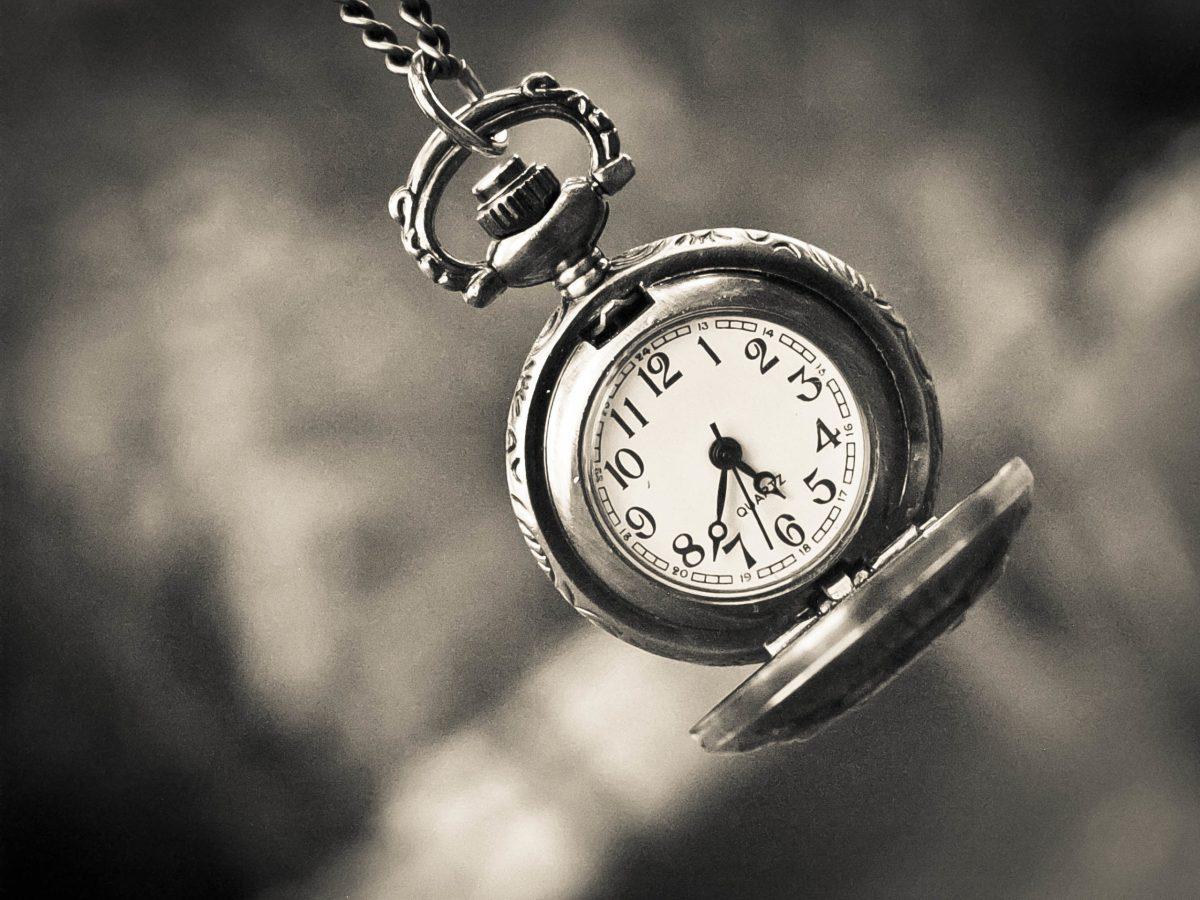By Noor Shahin & Nooruddin Hashmi, Contributing Writers
It’s almost here. The anticipation is rising, and the suspense is gnawing at some of our insides like ravenous beasts. No, it’s not the end of the semester, although that has been long overdue.
Ramadan is just a few weeks away.
Ramadan is the ninth month of the Islamic Calendar and is considered to be the most sacred and blessed month of the year. To get an accurate description of what this month means to Muslims all around the world what better place to look than the direct source, The Holy Quran. Chapter two of the Quran (Surat Al-Baqarah) verse 185 says, “The month of Ramadan is that in which was revealed the Quran; a guidance for mankind, and clear proofs of the guidance, and the criterion (of right and wrong). And whosoever of you is present, let him fast the month, and whosoever of you is sick or on a journey, a number of other days. Allah desires for you ease; He desires not hardship for you; and that you should complete the period, and that you should magnify Allah for having guided you, and that perhaps you may be thankful.”
Ramadan is generally defined as the month that Muslims fast from sun up to sun down. That is correct but there is much more to it than that. Muslims believe it is the perfect time to establish a better connection with your Creator. When you desire food, you say no because you remember Allah (Glorified and Exalted be He) has told you not to. You remember that fasting is said to be prescribed to you, just like medicine. It’s a remedy for the soul and a reminder.
While without nutrients throughout the day, you realize you are choosing to do this. However, there are people in this world who have no choice but to go without food for an unbearable amount of time. Once you actually break your fast, an overwhelming gratitude for what you have sweeps through your conscious. It even makes you feel guilty you aren’t sharing your blessings.
The devils are said to be chained during this month making it a bit easier not to fall into sin. It is a month for a person to reflect on his or her actions, and decide what changes are to be made to help improve oneself. Not only are you to be cautious of what enters your body, you must also be cautious of what comes out through your actions and words. How can you say you are fasting while you let filthy words slip from mouth, or perform actions you’re not proud of? Being able to control your desires shows a great deal of strength, will power, and patience. This translates into wiser decision making and a healthier and balanced life.
The changes you make during this glorious month should stay with you throughout the year. It’s like being on a diet for one day out of the week. It may be small but it is better than nothing. Remember, results emerge through consistency and who better an example of consistency than the Prophet Mohammad (Peace and Blessing be Upon Him) who fasted every Monday and Thursday of the week, throughout the year. Next year we will speak more on the greatness of the Prophet (pbuh) and how the actions he took shaped his life.
This year Ramadan falls deeper into the summer season, meaning longer days with neither food nor water to help cope with the scorching heat. Nevertheless, how hard can fasting be if nearly 1.6 billion Muslims in the world and counting are doing it? In fact there are Muslims in some areas that will be experiencing 17 hour fasts! This practice doesn’t just have to be enjoyed by Muslim brothers and sisters (in fact we are all brothers and sisters of this life).
Take a day during the upcoming month of Ramadan and try fasting yourself. Who knows, you may learn something about yourself in the process. With that, the MSA would like to pray for all of our reader’s good health and prosperity this summer. Take care and hope to see you again next semester!






























